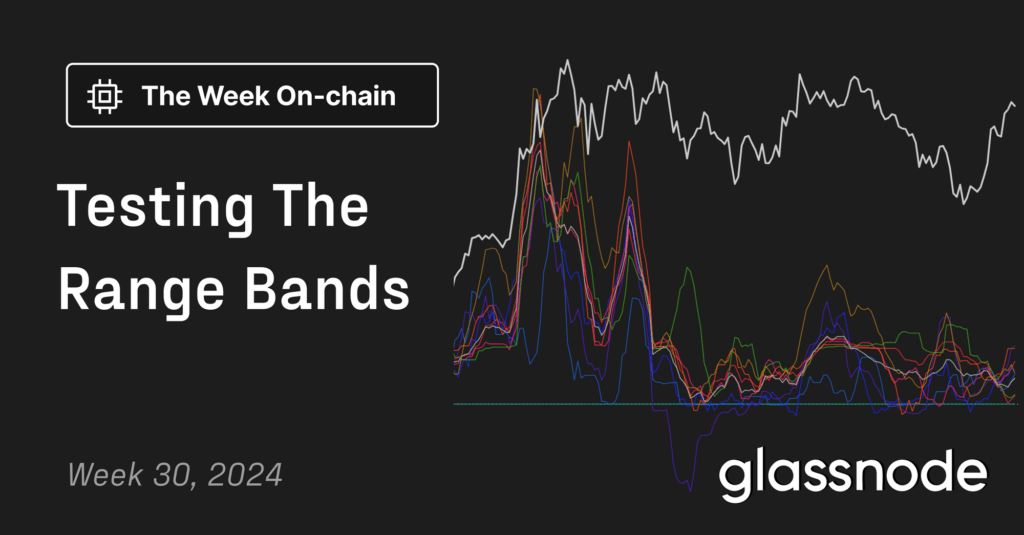Research Summary
The report discusses the economic and political situation in Argentina, focusing on the rise of Javier Milei, a self-proclaimed anarcho-capitalist, to the presidency. It explores the country’s history of economic instability, high inflation, and distrust in banks, which has led to a high rate of cryptocurrency adoption. The report also delves into the challenges faced by young Argentines, the controversial proposals of Milei, and the potential implications of his presidency for the country’s economy and its relationship with cryptocurrencies.
Key Takeaways
Argentina’s Economic Challenges and Cryptocurrency Adoption
- Argentina’s Economic Instability: The report highlights Argentina’s history of economic instability, marked by high inflation, a lack of trust in banks, and a preference for cash savings. This has led to the country holding around $150 billion in physical dollars, which is 8-10% of the world’s total physical dollars.
- High Cryptocurrency Adoption: Due to the loss of trust in banks, Argentina has seen a high rate of cryptocurrency adoption. The author of the report personally uses crypto for various transactions and avoids credit cards and bank savings.
Rise of Javier Milei
- Milei’s Unprecedented Victory: Javier Milei, a self-proclaimed anarcho-capitalist, won the presidency with 55% of the vote. His main campaign message was to abolish the Central Bank, a stance that resonated with voters. His victory reflects a rejection of traditional politics and a desire for immediate solutions to financial hardships.
- Controversial Proposals: Milei’s campaign included controversial proposals such as shutting down the State TV Channel, Aerolíneas Argentinas, reducing the number of ministries, and selling strategic assets like water, lithium, and oil, particularly to foreign entities like China. These proposals could have significant geopolitical implications.
Implications for Cryptocurrencies
- Openness to Cryptocurrencies: Diana Mondino, Argentina’s future Chancellor, indicates openness to legal contracts in bitcoin, signaling a non-interference approach to cryptocurrency use in the country. While Milei is unlikely to follow President Bukele’s example of making bitcoin legal tender, his policies may reduce friction for businesses operating in currencies other than the peso.
- Market Optimism: Following Milei’s electoral victory, Argentine stocks experienced a surge, indicating market optimism. Market analysts and traders, including prominent Bitcoin OG and political blogger Carlos Maslatón, had predicted a recovery in the Argentine Great Bear Market prior to Milei’s rise to presidential candidacy.
Actionable Insights
- Monitor Argentina’s Economic Policies: Given the country’s history of economic instability and the controversial proposals of the new president, it would be prudent to closely monitor Argentina’s economic policies and their potential impact on the global economy and cryptocurrency markets.
- Understand the Role of Cryptocurrencies: With the high rate of cryptocurrency adoption in Argentina and the new government’s openness to bitcoin, understanding the role of cryptocurrencies in the country’s economy could provide valuable insights into their potential use in other economies facing similar challenges.
- Assess the Impact of Milei’s Presidency: Milei’s presidency could have significant implications for Argentina’s economy and its relationship with cryptocurrencies. Assessing the impact of his presidency could provide valuable insights into the potential of unconventional political figures and their policies in addressing economic challenges.











